Meghan Markle’s approach to royal life irritated Prince Philip
Meghan Markle left the royal family for more privacy and freedom but she seems to be making the same mistake all over again.
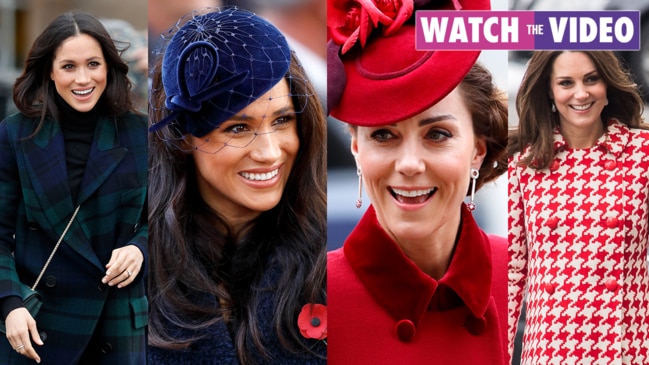
COMMENT
Ah, Prince Philip. In his 70 years on the royal job, unveiling plaques and dutifully walking several paces behind his wife, perhaps his greatest ‘gift’ to the world has been the steady stream of gaffes verging from the charmingly antiquated to the downright racist.
This week, despite being 99-years-old and having stayed resolutely out of the public spotlight, one Land Rover-related snafu notwithstanding, Philip and his unfiltered approach to public life are back in the news.
Later this month, longtime royal biographer and Majesty magazine editor-in-chief Ingrid Seward will release a biography Prince Philip Revealed: A Man of His Century. As is the way with these projects, Seward has been hitting the publicity trail and extracts from the book have been trickling out in the UK press.
RELATED: Harry breaks the Queen’s golden rule
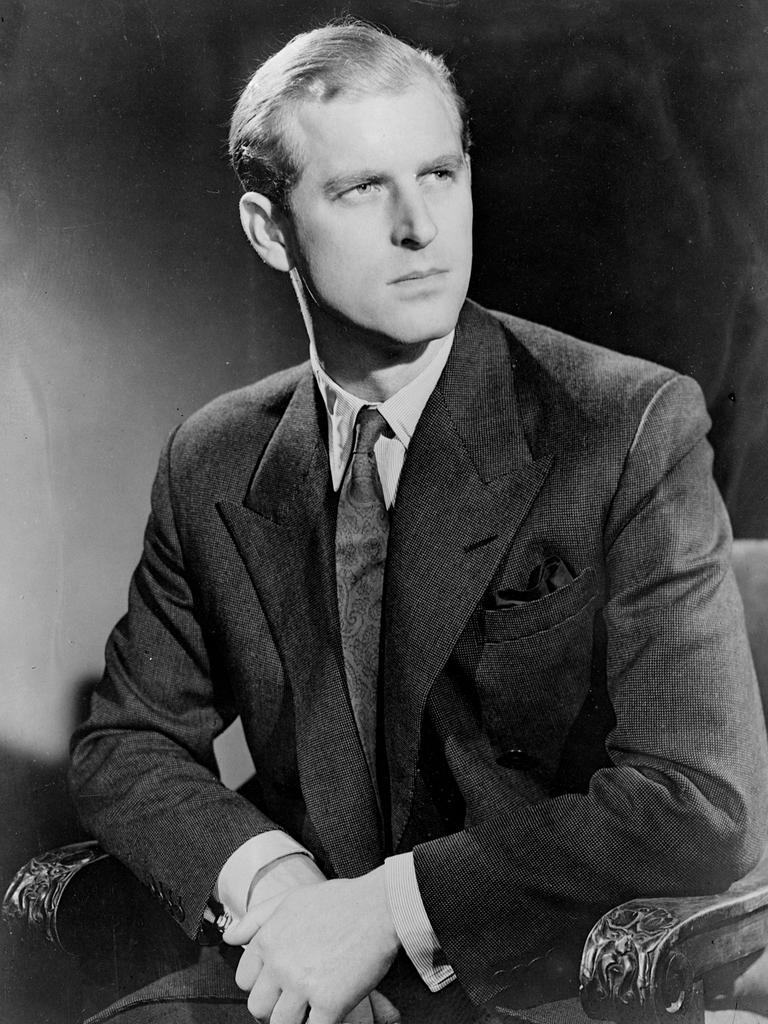
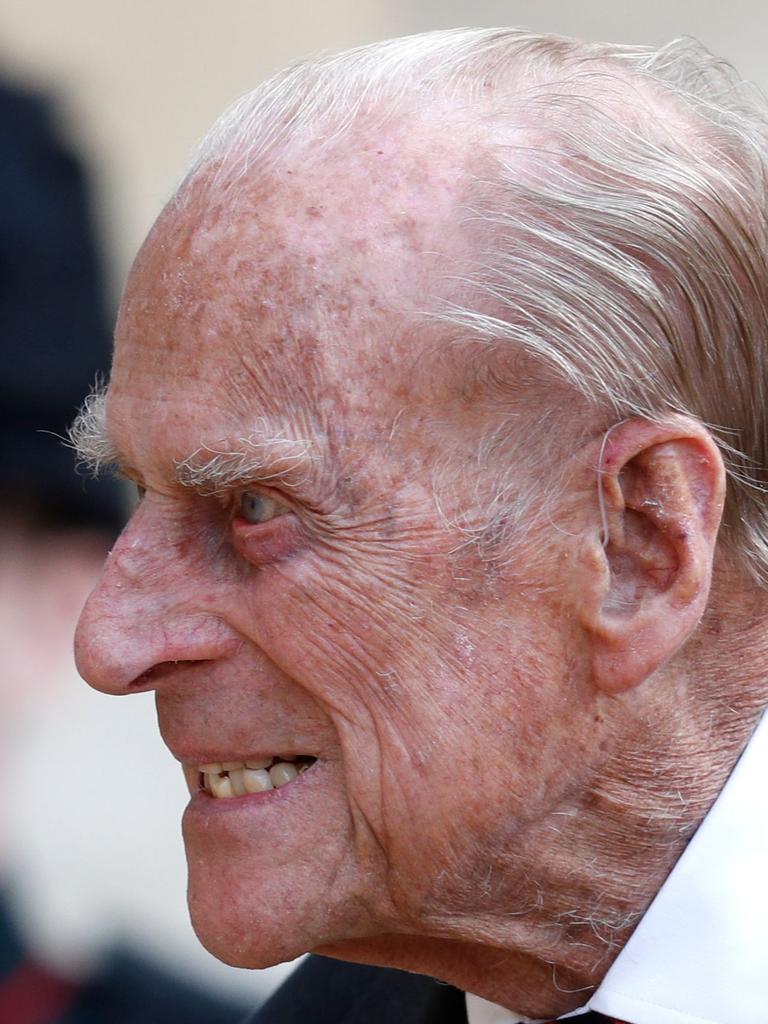
A quick refresher: Philip was a highly successful and decorated naval officer in his own right when he wed the then-Princess Elizabeth in 1947 however quit in 1952 to support his wife when she ascended to the throne, a remarkable bit of proto-feminism given the gender politics of the time.
Fast forward to 2020 and according to Seward, Philip was left “irritated” when the house of Windsor’s most recent – and briefest – recruit Meghan Duchess of Sussex failed to make the same sacrifice that he had.
“I think he’s very, very disappointed because I think he feels he gave up his naval career in order to stand by the Queen and help the monarchy,” Seward told ITV this week. “And why can’t Meghan just give up her acting career, support her husband and support the monarchy?
(Quick note: Meghan has very, very clearly long since given up her acting career. She might now be Netflix’s newest celebrity producer and be available for hire for corporate speaking gigs if the cheque has enough zeros but the 39-year-old has long since quit treading the boards.)
“As he used to say to Diana,” Seward said, “this is not a popularity contest, this is all of us working together.”
RELATED: Kate’s stealthy dig at Meghan
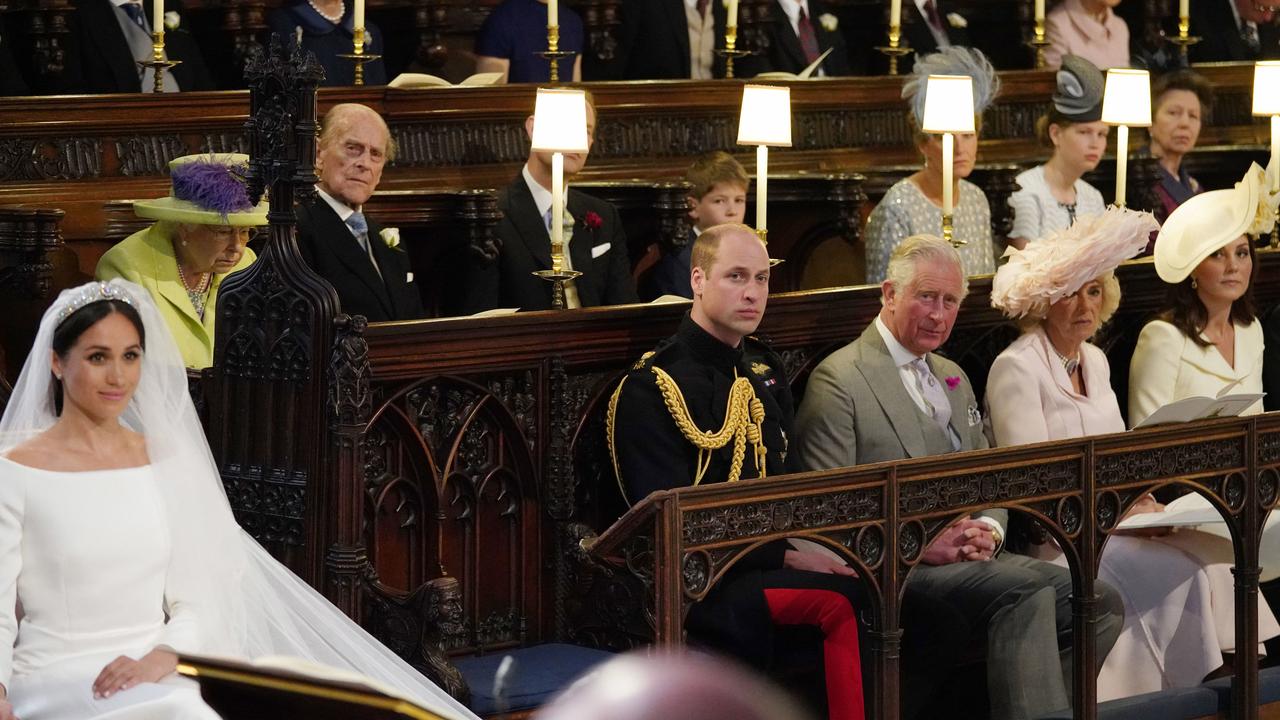
And therein, Philip, for all of his indiscreet howlers and casual prejudice, might just have hit the nail on the head with these two words: popularity contest. To be royal is to theoretically subsume one’s ego and fall into the HRH rank and file, any notion of an individual brand or popularity forgotten in the service of Her Majesty. That is, to be royal is to put the institution first and is not about aggressively competing to be the most liked HRH in the land.
This, in turn, stands in direct contrast to the way the Sussexes’ allegedly viewed the importance of their own public acclaim. One of the points that came out of Finding Freedom, the recent sympathetic biography about the duo, was that Harry and Meghan seemed to believe there was some sort of direct correlation between their own celebrity and how they allegedly felt they should be treated behind palace gates.
In Freedom, authors Omid Scobie and Carolyn Durand write: “As their popularity had grown, so did Harry and Meghan’s difficulty in understanding why so few inside the palace were looking out for their interests. They were a major draw for the royal family. According to a press reports that compared the online popularity of the Sussexes with the Cambridges from November 2017 to January 2020, ‘Harry-and-Meghan-related searches accounted for 83 per cent of the world’s curiosity in the two couples.’”
According to the narrative put forward by the book, the vast adoration for the duke and duchess was viewed by the wider royal machine with unease. Per Freedom: “The Sussexes had made the monarchy more relatable to those who had never before felt a connection. However, there were concerns that the couple should be brought into the fold; otherwise the establishment feared their popularity might eclipse that of the royal family.”
What is interesting is the couple’s alleged relentless focus on popularity and the belief that others inside Brand Windsor similar viewed it as a threat of sorts.
RELATED: Emails Meghan doesn’t want revealed
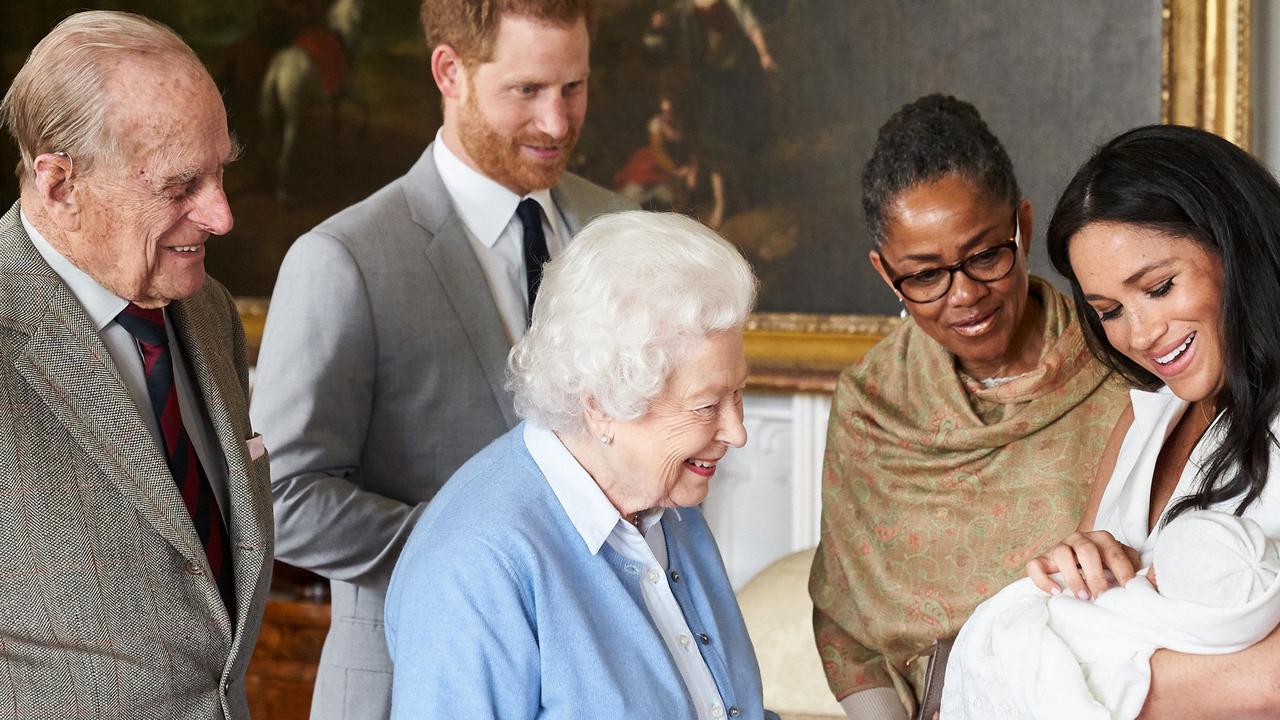
And this is where we come back to Philip. For nearly 70 years he has understood intrinsically that his job is to support the Queen.
Because, in the royal scheme of things, every single person whose face is not on the five pound note, their job is to pluckily get up every day and go out into the world and do their darnedest to sell the idea of a hereditary monarchy.
There are no co-stars or special-guest-appearances in the royal cast, rather there are two tiers: the Queen and then everyone else, albeit with varying degrees of seniority.
Looking back over the past two and a bit years, accepting that B-string role seems to have been a sticking point for both Harry and Meghan.
In hindsight, there seems to have been some sort of disconnect between their expectations and reality, a disconnect that still seems evident today.
This week Meghan spoke as part of Fortune’s Most Powerful Women Summit from her Santa Barbara mansion, encouraging participants to “focus on living a purpose-driven life” and “don’t listen to the noise”.
What is interesting about those comments is that having philanthropic drive and being willing to tune out the persistent hum of external disapproval are exactly the key attributes required of senior members of the royal family. It would seem to not only survive but thrive in that strange, cosseted world of palace-dom, you need to be a person with both a burning desire to help the world and a certain studied deafness around the persistent criticism that is part and parcel of the job.
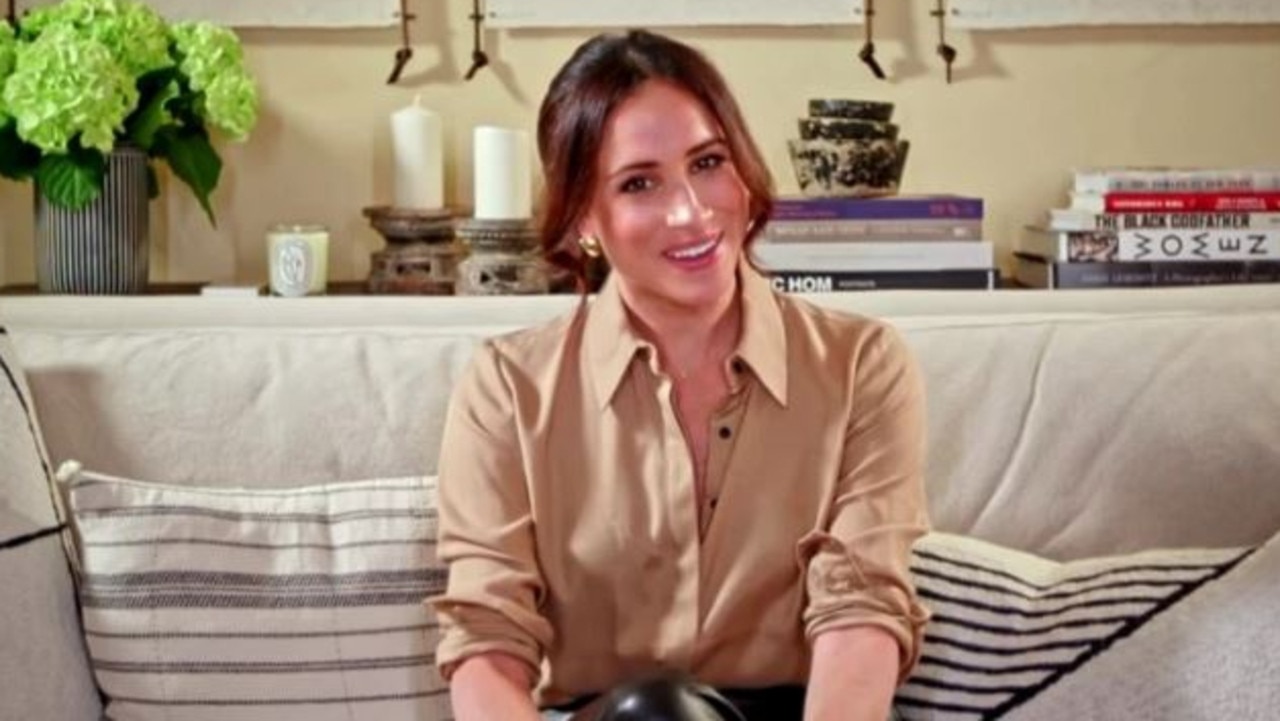
Imagine if both she and Harry had taken these very sentiments to heart when they were still frontline members of the house of Windsor. If they had seen and accepted that to be a working member of the royal family wasn’t about trouncing other family members in the popularity stakes but about falling into line and all pulling in the same direction, personal acclaim be damned.
Would it have helped them see a way forward as working royals? Would it have helped them accept that despite the fact they were clearly the glittering stars in the royal firmament, that the deeply hierarchical nature of the institution meant that they would have to accept second or third place on occasion? It’s hard not to wonder what might – what could – have been.
(However, before we deify Philip with oracle status quite yet there’s more. During the same UK TV interview, Seward said that the Prince “just cannot understand why she couldn’t support Harry and help him rather than wanting to have her voice.” The fact that Philip allegedly thinks that supporting her husband necessitates staying resolutely mute means that the man desperately needs someone to download him the Ruth Bader Ginsberg documentary quick sticks.)
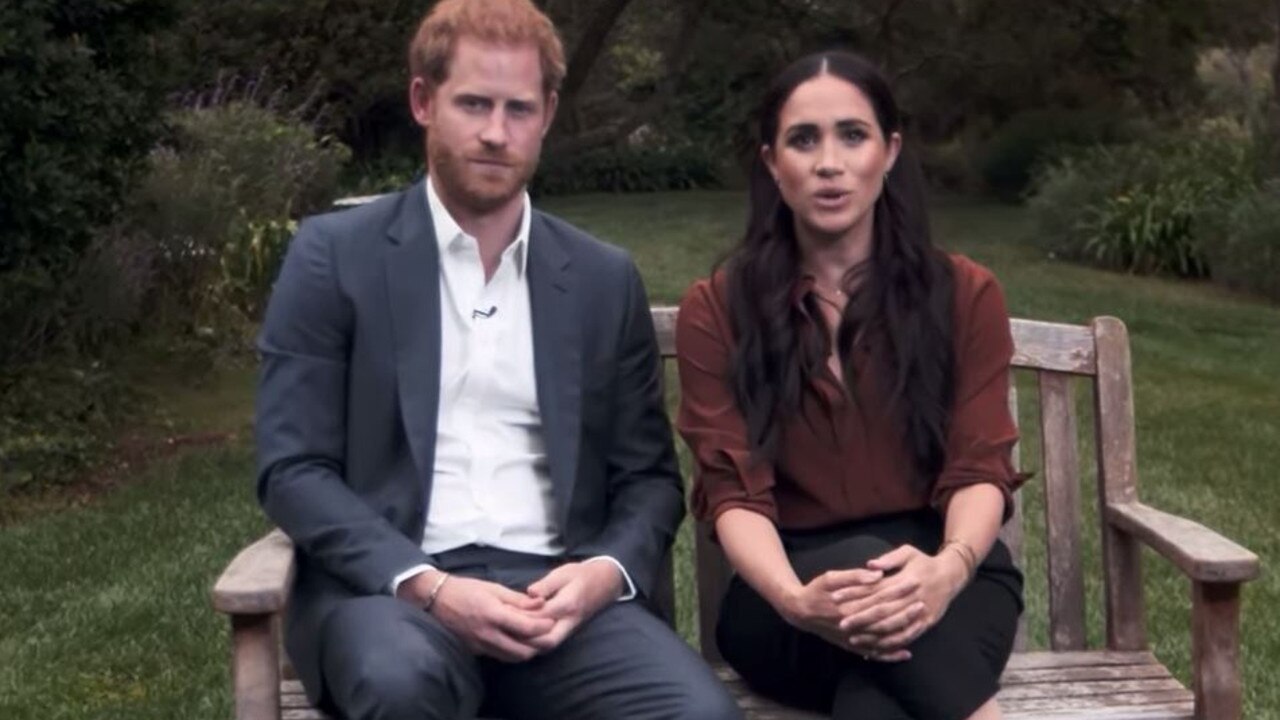
When it comes to the royal family, their global renown is often conflated with the more bog standard Hollywood version fame but I don’t think the royalty has that much to do with celebrity. Rather, the royal family is far, far more akin to an army regiment, replete with uniforms, oodles of rules and an absolutely transparent pecking order and to succeed in this context is to accept this fundamental truth.
After years in the military, including two tours on the frontline in Afghanistan, maybe Harry had had enough of dutifully taking orders. And for Meghan, maybe after nearly 20-years of hard professional graft she wanted to bask, briefly at least, in the fact she finally had a global platform to make her voice heard.
According to Seward, admonitions about popularity were something that Philip used to offer to Diana, a woman whose very complicated psychology meant she needed far more than blunt lecturing from the paterfamilias. (Say, like the occasional hug.) Maybe he meant well, maybe he just wanted to help her. There is something so deeply tragic about the house of Windsor getting two charismatic, driven women to marry into the family only for them to have absolutely no idea how to help them find their place in such an alien world.
Diana, like Meghan decades-later, might not have understood that popularity theoretically has no place in the royal dynamic. But did the palace do enough to help them? Did the palace do enough to help them see?
I think the proof is in the postal address – Harry and Meghan’s is now more than 8,000km away from Buckingham Palace.
Daniela Elser is a royal expert and writer with more than 15 years experience working with a number of Australia’s leading media titles.




